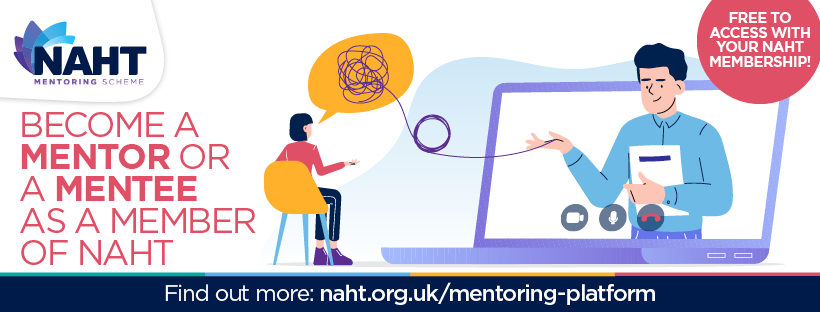As 21st May is the World Day for Cultural Diversity, we wanted to consider the role of mentoring in encouraging diversity and inclusion.
The United Nations sanctioned the observance of this day back in 2002 and gave it the full name of the World Day for Cultural Diversity for Dialogue and Development. The aim of the day is to promote diversity and intercultural dialogue. The day serves as a powerful reminder to embrace diversity, foster dialogue and build inclusive communities and workplaces, encouraging the inclusion of people from various origins, ethnicities, sexual identities, and political viewpoints.
Fostering cultural diversity in the workplace boosts team performance and efficiency, encouraging creativity. A Deloitte study found that when team members feel represented, innovation improves by a staggering 83%.
Encouraging a culturally diverse organisation or team requires a plan of action. Kühlmann & Heinz (2017) set out the essential elements to achieve success in cultural diversity management:
- Cultural diversity management is a change in the whole organisation and its processes, so it needs a long-term approach
- Cultural diversity management is an ongoing process that needs constant monitoring, evaluation, and periodic adjustment.
- Cultural diversity management must be led, promoted and supported by top management leaders because of their crucial role in the organisation.
- In a cultural diversity management plan, to create a positive climate of diversity within the organisation, the whole workforce must be incorporated.
- Cultural diversity should not be seen and communicated as an obstacle but rather as an advantage.
- Cultural diversity management must be focused on social integration and the creation of equal opportunities for all employees.
Each of the elements Kühlmann & Heinz have highlighted, can be supported by a mentoring programme. Indeed, a Harvard Business Review article set out that mentoring can increase minority representation in management positions up to 24% more than other corporate tactics such as mandatory diversity training, grievance systems or job tests.
Mentoring has a key role in supporting and encouraging cultural diversity. Firstly mentoring can foster a more inclusive workplace by connecting employees from underrepresented groups to leaders. It also provides opportunities for skill development and networking that can minimise some of the challenges as mentees make their way into leadership positions or new responsibilities within an organisation.
However, it is not just the mentee that benefits by gaining access to a leader, the mentor also benefits through reverse mentoring. Whilst reverse mentoring is commonly seen as a way to help senior leaders learn about technology changes, it’s also an effective way to promote diversity, bridging the gap between employees of different generations and backgrounds; helping the mentor understand what it’s like to work in the organisation from the mentee’s unique point of view.
Mentoring can develop an inclusive mindset and behaviour for both the mentor and mentee. The direct, personal interactions between team members fosters empathy and understanding toward each other, and exposes both mentors and mentees to new viewpoints. These interactions can create an environment where different perspectives are acknowledged and valued and integrated into the organisation’s culture.
While there are many benefits associated with a culturally diverse workplace, there can be particular challenges that this environment presents. Katie Reynold, of Hult International Business School, identified the following challenges:
- negative stereotypes can interfere in the integration of multicultural teams
- professional communication can be misunderstood or misinterpreted across cultures and languages
- professional etiquette can vary across cultures, as can working styles
As with everything in life, how we communicate within a mentoring relationship is important. Mentors and mentees should recognise that cultural, racial and gender sensitivity is essential. Practising communication skills in a cross-cultural context, as well as recognising and understanding cultural and gender biases is important.
NAHT’s Mentoring Scheme

A leader’s career can be a long, winding road, so we want to support this community the best way we can. One such way is by facilitating contact between leaders at various stages of their career allowing them to share best practice and invaluable guidance. By working together and tapping into all this knowledge we can make education the best it can be.
This platform provides a space for school leaders to share and gain knowledge that will benefit those starting their leadership journey as well as seasoned leaders.
For mentees, it’s a great way to build on areas that you’re less familiar with or that are completely new to you, and in turn build a strong working mentor relationship that’ll inspire you. For mentors, it’s a chance to give back and help strengthen the profession by sharing your experience and knowledge.

